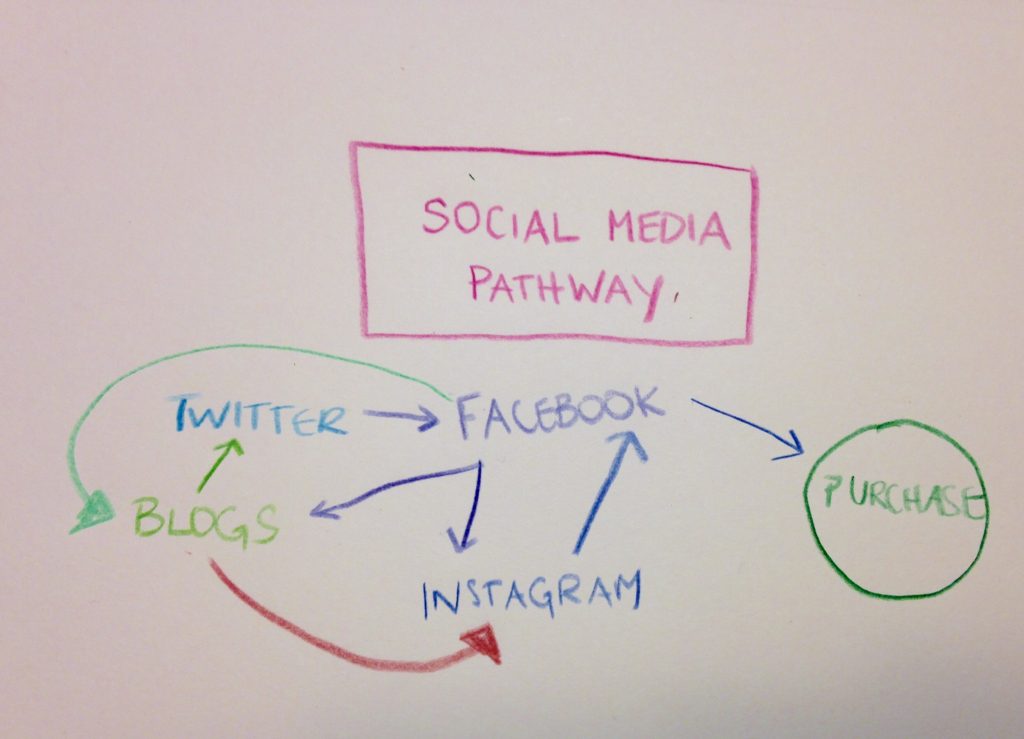The other day, I happened to notice a Facebook post from a friend: “Taking a trip to Quebec this summer. Looking for recommendations about places to go/stay.”
I haven’t seen this friend in a while. Like, it’s probably been 20 years since we’ve actually seen each other in person even though we live in the same city, which sounds bad when I write it down like this, but [insert something about modern living, social media, and how the internet ruins relationships blah blah blah] – but he works in media, we share some music interests and I remembered us having some conversations about design and architecture back in the day.
So I immediately thought of this modern ‘cabin’ I’d seen in Quebec.
I should clarify that when I say “seen”, I mean “seen online” – I haven’t actually been there. But I do social media for a couple of real estate/architecture-adjacent clients who like to tweet and write about interior design, plus I often seem to fall down rabbit holes about tiny homes on YouTube. So in the past couple of months, one way or another, this cabin had popped up on my radar more than once, and I had spent a few minutes looking at pictures of the interior on more than one occasion.
The problem, of course, was that I couldn’t remember its name, or where I’d seen it. All I remembered was that it looked interesting and minimalist, was in Quebec, and that it was available for short-term rentals. It took me a few minutes on Google, but I tracked it down and then posted the link to my friend’s Facebook feed.
Three hours later, he’d booked the place for a week (around $2000).
Social media marketing success! But how do you track it?
This is the problem with social media: Based on the story I’ve related above, it’s easy to say that [social media = sales], and in this case we can even say [social media = $2000 in sales].
That sounds terrific! And we quantified it!
Except no one on the other end of this – i.e. the person running the social media or other marketing efforts for the Villa Boreale – has any way of knowing the role social media played in the sale they just made, or just how it worked.
They may ask my friend how he heard of their cabin. He’s going to say “from a friend”. He’s not going to say: “From a friend via Facebook, who came across it on Twitter, and then tracked it down through some Instagram pictures.” So on the big marketing spreadsheet in the sky where they try to connect ‘marketing dollars spent’ to ‘revenue earned’, this is probably going to go down under ‘word of mouth’. Which is wrong. Mostly.
So what can we know about measuring social media marketing?
Since it often looks like this:

(Yes, I know. If I were any good at diagramming this stuff I’d have a degree in semiotics.)
There’s nothing worse than someone who highlights a problem and then just sort of leaves it there without a solution, so here are my handy bits of advice for you regarding the measurement of your social media marketing efforts:
- Accept that you’ll hardly ever be able to draw a straight line from $1 spent on social media to $5 in sales. But you know what? This is true for about 95% of marketing initiatives – social media shouldn’t be required to follow different rules
- ‘Engagement’ isn’t always the holy grail. I didn’t like, fave, retweet or comment on any of the posts I saw about Villa Boreale – but that doesn’t mean they didn’t influence my behaviour
- ‘Word of mouth’ is a big umbrella, under which social media relationships and real-life relationships have a whole ecosystem of their own. Stop trying to separate social media from everything else
- It’s a longer game than you think. If I’d seen Villa Boreale just once, I might not have remembered it. By seeing it repeatedly, over a few months, it stayed top of mind. An effective social media strategy is long-term and consistent
- Social media works best when it’s done on more than one channel. My diagram up there looks a little ridiculous, I know – but it’s also representative of the way people use social media. Hardly anyone uses just one social media channel, and everyone’s usage patterns are unique. You don’t have to be on every social media channel in the universe – but you should definitely be on more than one.
